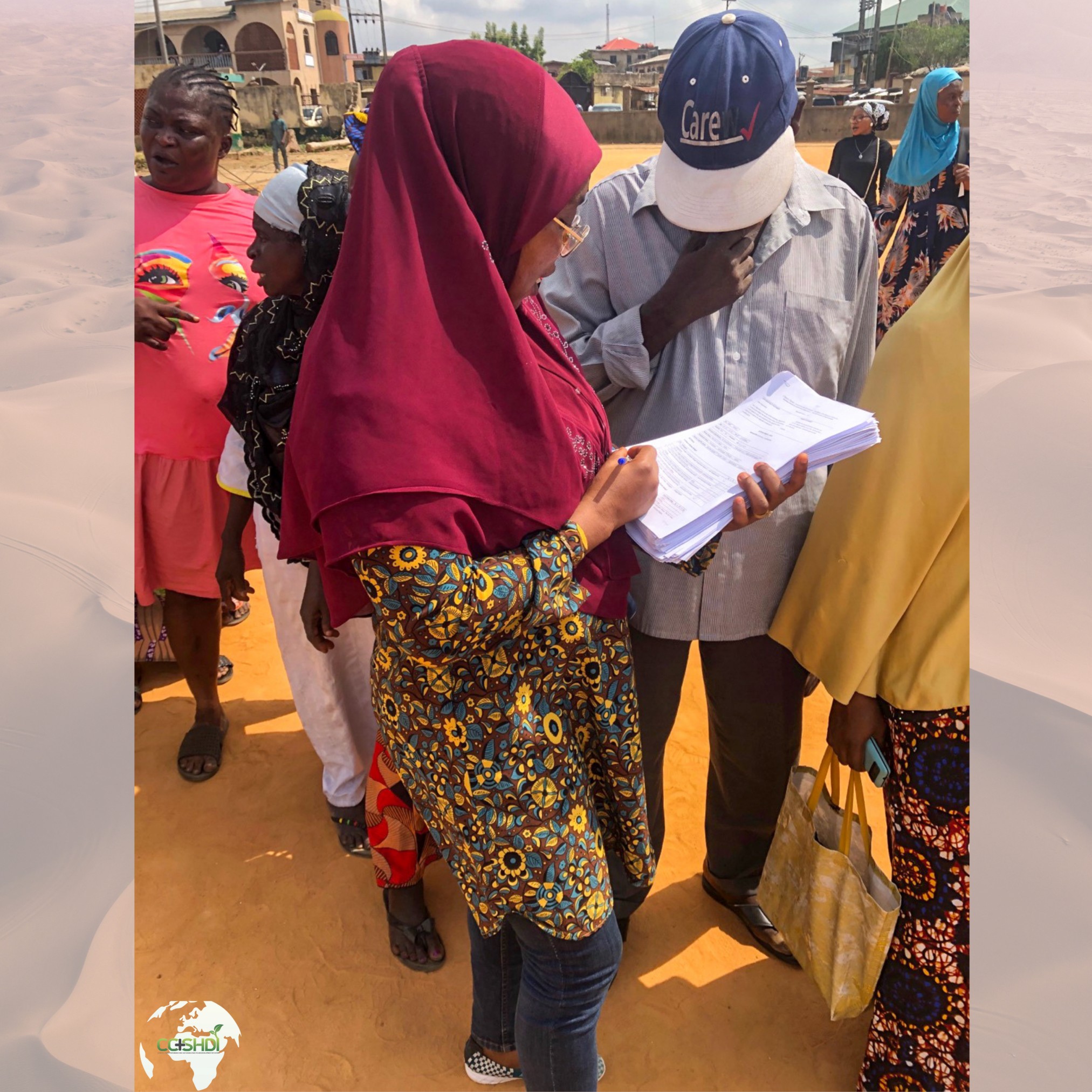
The Climate Compass: Charting Nigeria’s Path to Climate Action
In the fight against climate change, knowledge is power. With this conviction, CCSHDI launched The Climate Compass, an ambitious research initiative aimed at uncovering the knowledge, attitudes, and practices of Nigerians regarding climate change. Spanning the diverse landscapes of Gombe State in the North and Lagos State in the South, this event brought together communities, policymakers, and researchers to bridge the gap between awareness and action.
A Data-Driven Mission
The Climate Compass was more than an event; it was a quest to understand how climate change is perceived across Nigeria’s socio-economic spectrum. Partnering with the esteemed National Institute for Policy and Strategic Studies (NIPSS) in Jos, our team set out to collect data that would illuminate not only the challenges but also the opportunities for climate advocacy in Nigeria.
Key Objectives of the Climate Compass
- Assessing Knowledge: Measuring how much people know about climate change and its effects on their environment and health.
- Understanding Attitudes: Exploring beliefs, concerns, and perceptions surrounding climate change among individuals from different socio-economic backgrounds.
- Documenting Practices: Identifying the actions—or inactions—people take in response to climate-related issues like flooding, heat waves, and deforestation.
By focusing on these pillars, The Climate Compass painted a comprehensive picture of where Nigeria stands in the fight against climate change.
Inclusive Data Collection: Language our Tool for Connection
Nigeria’s strength lies in its diversity, and so did The Climate Compass. To ensure the data collection was inclusive and reflective of Nigeria’s vibrant tapestry, our surveys and interviews were conducted in Hausa, Yoruba, and English. This multilingual approach broke barriers, fostering trust and clarity among participants.
In Gombe State, farmers shared how unpredictable rainfall patterns disrupted their planting cycles. In Lagos State, market vendors spoke of rising temperatures affecting their daily hustle. Across both states, the message was clear: climate change is no longer a distant threat, it’s a present reality.
Insights from the Field
Through the voices of everyday Nigerians, The Climate Compass unearthed stories that were both sobering and inspiring:
- In Rural Gombe: Women described how water scarcity forced them to walk longer distances, while young men expressed concern about desert encroachment threatening their farmland.
- In Urban Lagos: Workers living in flood-prone areas highlighted the toll of repeated flooding on their homes and health. At the same time, small business owners shared innovative ways they were adapting to the changing environment, such as using solar-powered systems to cut costs.
- Cross-Cultural Perspectives: Across socio-economic divides, the event revealed a mix of resilience, misinformation, and untapped potential in Nigeria’s response to climate change.
Transforming Data into Action
The Climate Compass was not just about collecting data, it was about laying the foundation for informed policy and community-driven solutions. With the insights gathered, CCSHDI and our partners are equipped to:
- Advocate for climate policies that reflect the realities of everyday Nigerians.
- Design targeted awareness campaigns that address misinformation and knowledge gaps.
- Foster community-led initiatives to build resilience against climate-related challenges.
A Shared Vision for the Future
The success of The Climate Compass reaffirmed our belief that research is not just a tool, it’s a compass, guiding us toward impactful action. By engaging directly with Nigerians from all walks of life, we are one step closer to creating a nation where climate change awareness is universal, and solutions are both inclusive and sustainable.
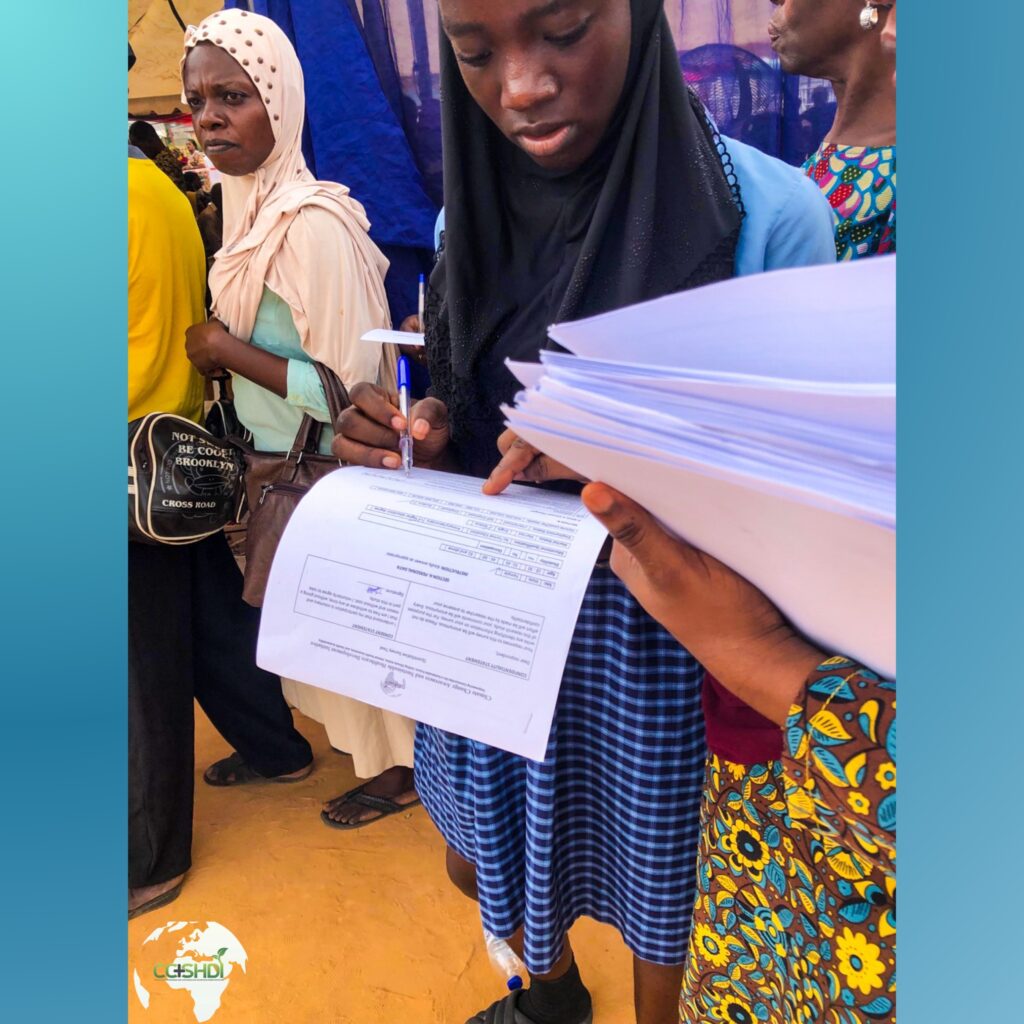
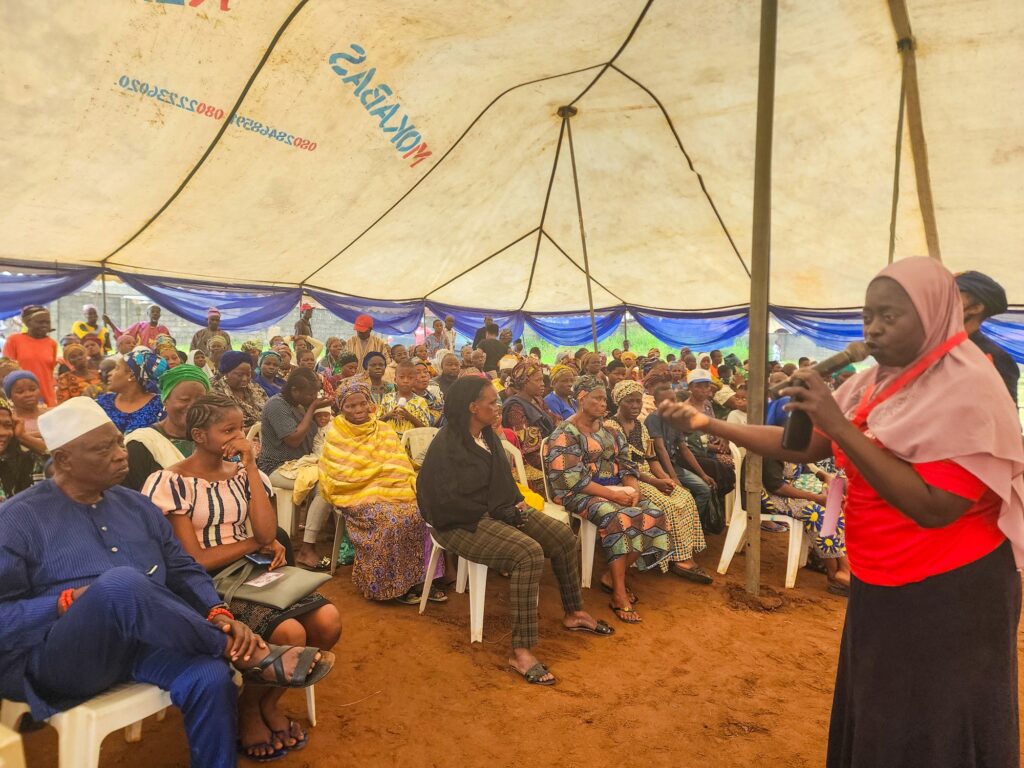
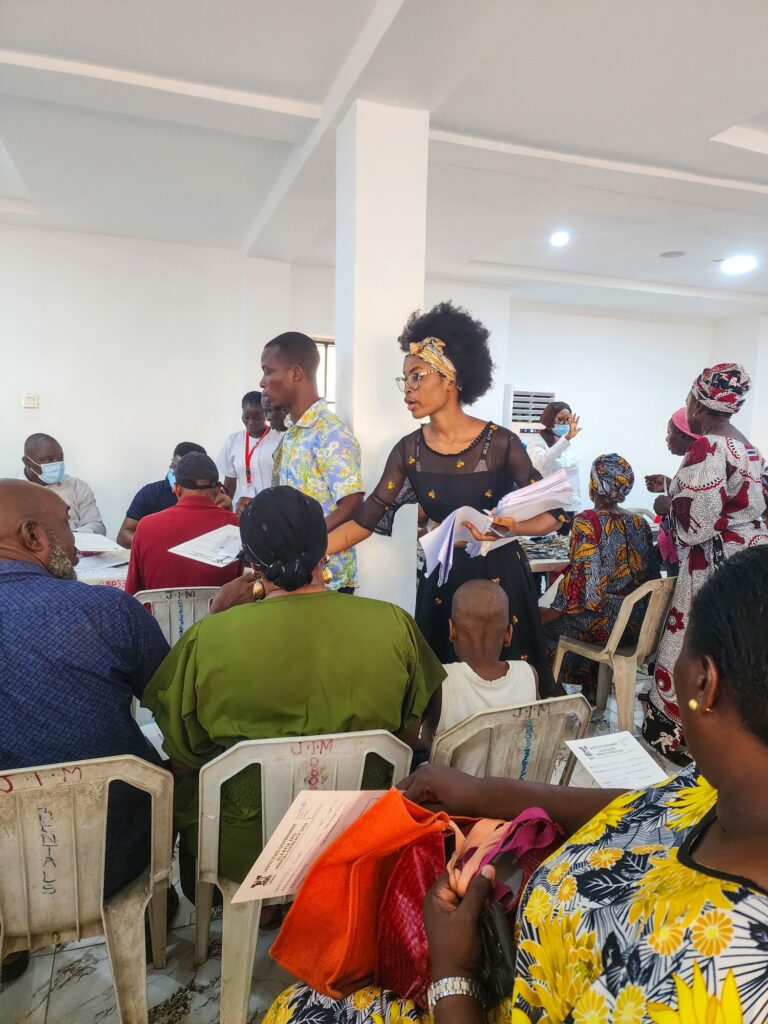
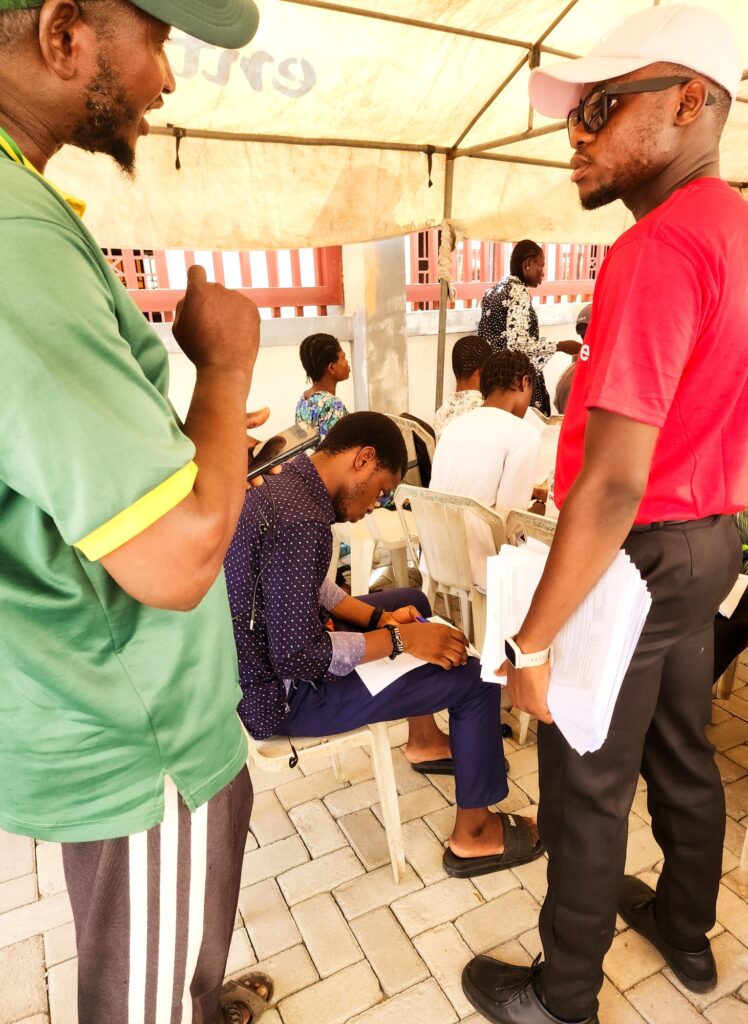
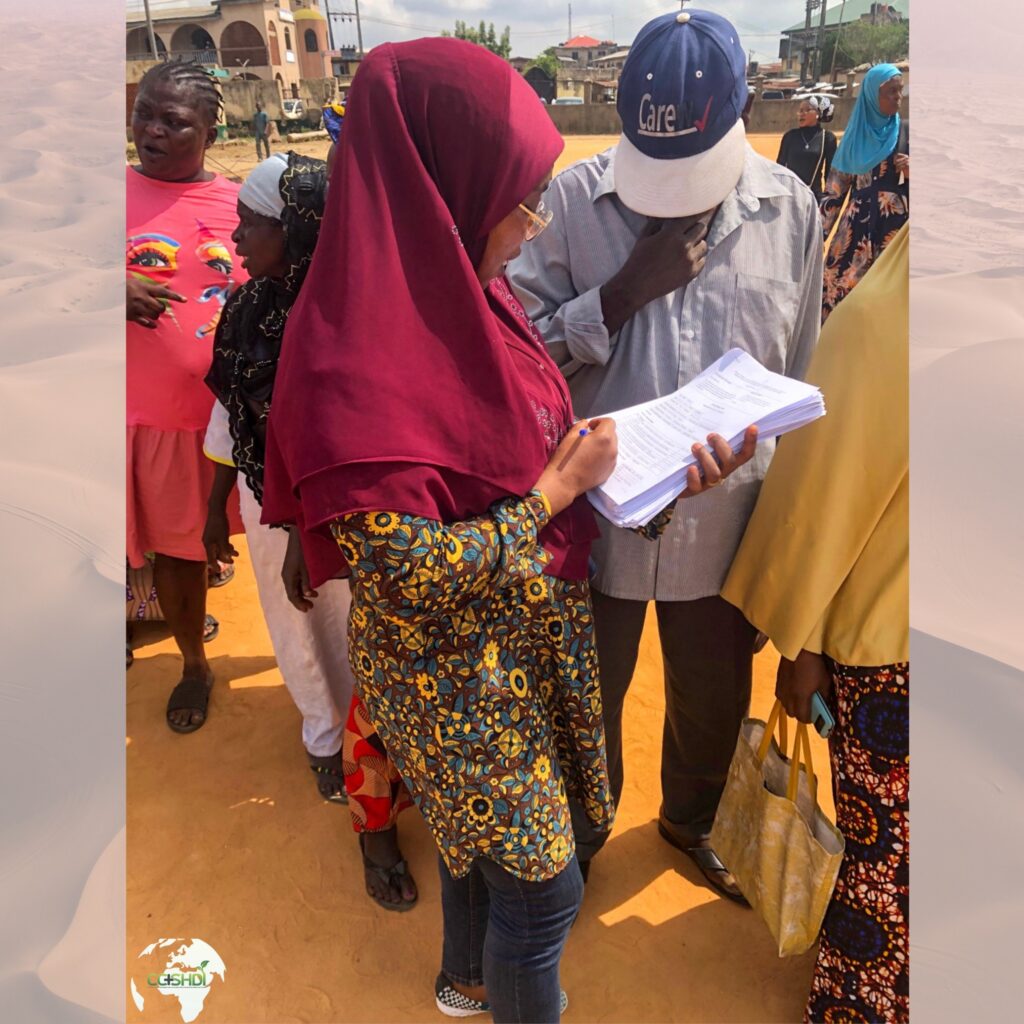
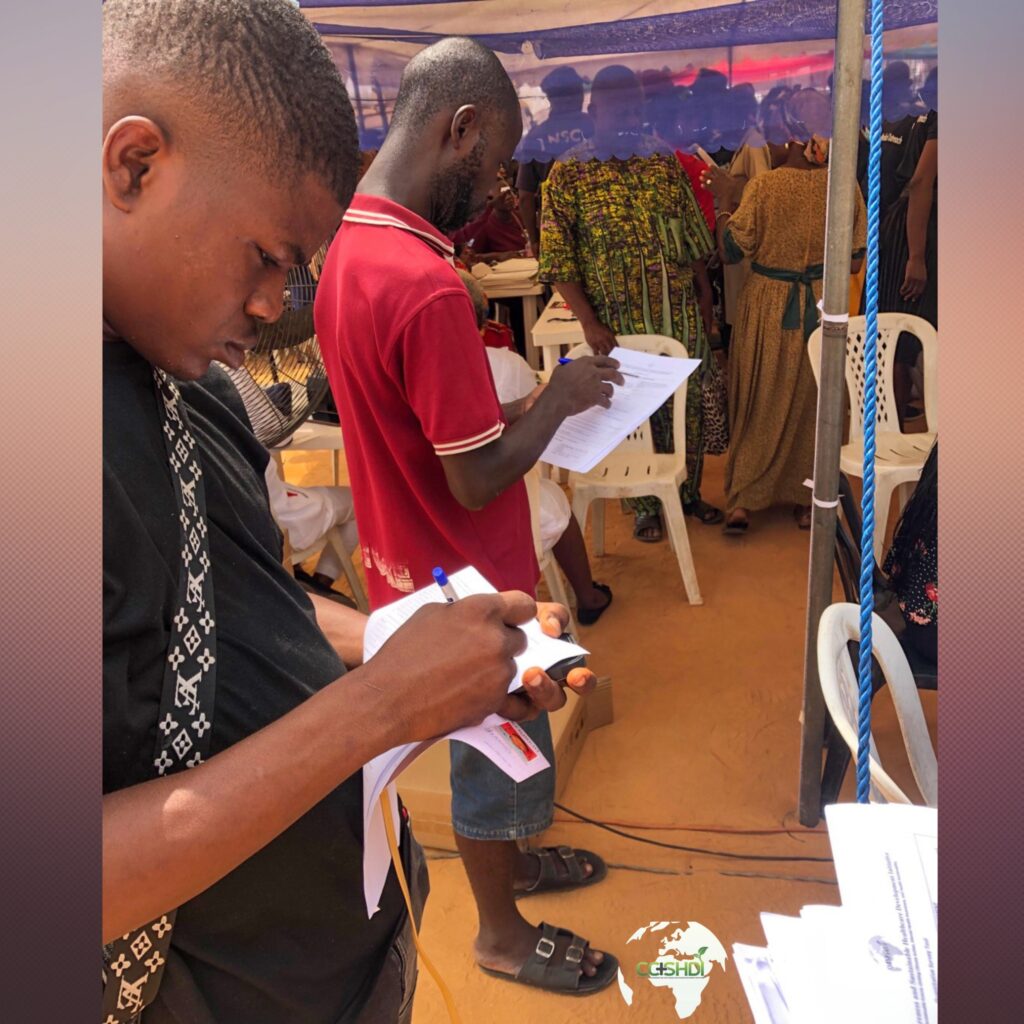
Join Us in Navigating the Future
The journey doesn’t end here. Stay connected with CCSHDI as we continue to chart Nigeria’s path to climate resilience. Contact Us to learn more or collaborate with us on future initiatives.

